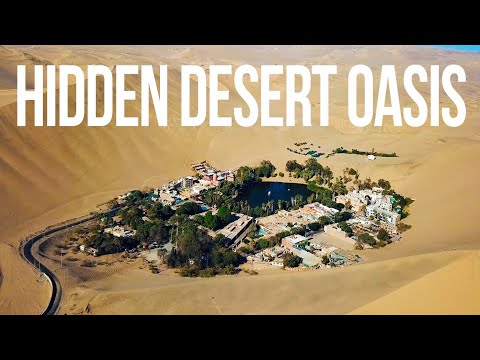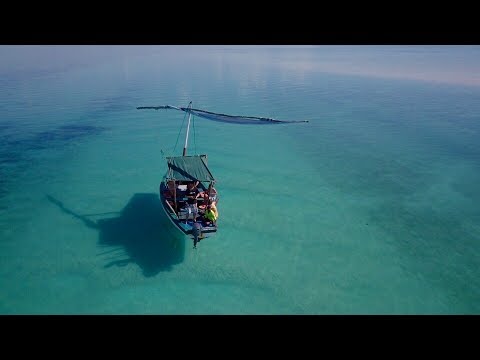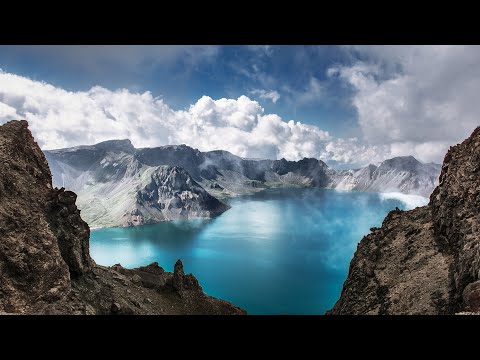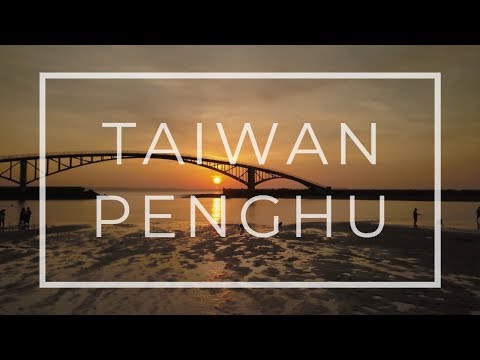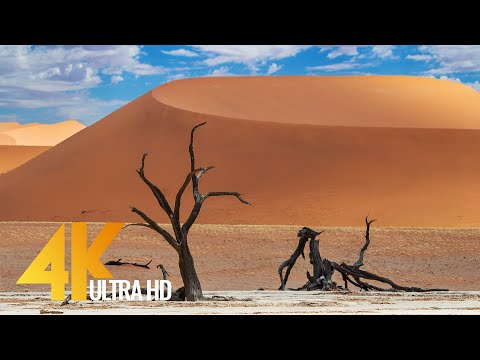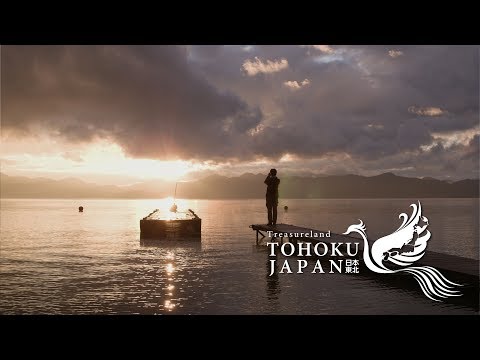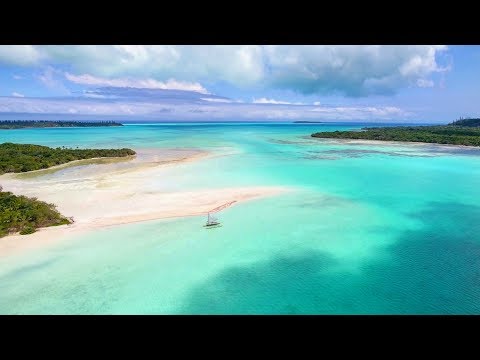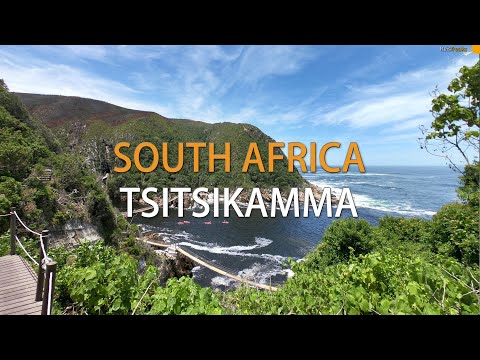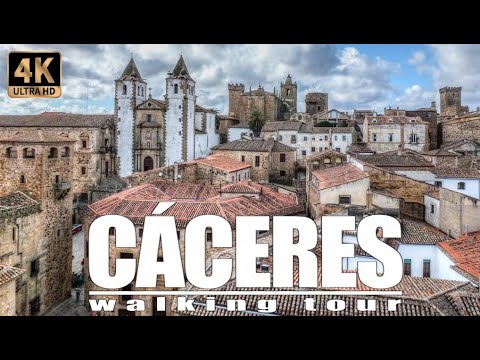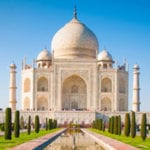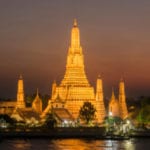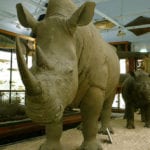10 Huacachina
Peru is a very popular tourist destination because it is the location of Machu Picchu, the Inca Trail, the Sacred Valley, Sillustani and many other stunning attractions. Before the pandemic hit, the country received on average between 3 and 4 million foreign visitors each year. These numbers drop to the low thousands, however, when it comes to the small village of Huacachina that sits surrounded by sand dunes in southwestern Peru. The village is built around a small but breath-taking oasis and is inhabited by only 100 people. Legend has it that the oasis, which is a natural desert lake, was created when a native princess was in the process of getting ready to take a bath but then saw a hunter approaching her. Dropping the mirror she was holding, she ran, and the mirror turned into a lake. Today there are still rumors of a mermaid living in the waters of the lake, with many locals believing it is the very same princess. The water is also said to be therapeutic, and locals bathe in it to relieve symptoms of rheumatic diseases and asthma.
9 Cosmosphere
The concept of space and what may or may not be out there, has long since fascinated humankind. For those who are interested in space travel, the Cosmosphere in Hutchinson, Kansas makes for a fantastic tourist attraction. This museum houses more than 13,000 spaceflight artifacts and offers acclaimed educational programs. Here visitors can explore The Hall of Space Museum, The Carey Digital Dome Theatre that brings space documentaries to life, The Justice Planetarium that takes you on a journey through the night sky, and Dr. Goddard’s Lab where you can watch an interactive show on the history of rockets. The artifacts on display in the Hall of Space include the Liberty Bell 7 Mercury spacecraft, a Moon rock from Apollo 11 and the Gemini 10 space capsule.
8 Bazaruto Archipelago
Mozambique is well-known for its beautiful beaches, traditional music, and excellent seafood. It is also the location of the Gorongosa National Park when you can have the ultimate immersive wilderness experience. Not quite as trodden, are the paths that run through the Bazaruto Archipelago. The archipelago consists of six islands and became a national park in 1971. Its beauty remains protected and because of this there are still wild horses that play in the surf, intact coral reefs, and a population of around 180 sea cows to be spotted. In addition, 141 bird species, 18 reptile species, 21 mammal species and 5 dolphin species also inhabit the area.
7 Heaven Lake
In China, there are temples where you can learn kung fu, famous restaurants that offer unforgettable cuisine, giant pandas, fragrant teahouses, and many impressive tourist destinations including the dramatic Yellow River, The Great Wall, and the Forbidden City. On the lesser-known side of the scale, China is also home to the Dongchuan Red Lands, the Zhangye Rainbow Mountains, and the historic Fujian earthen buildings. Nestled in a mountain range on the border between North Korea and China, lies the magical Heaven Lake. The lake lies within a caldera on top of the Paektu Mountain and is the highest volcanic lake in the world. Heaven Lake boasts its very own mythical monster, known as the Lake Tianchi Monster. It is also rumored that Kim Jong-iI was born near the lake and that the ice covering it cracked loudly after his death.
6 Penghu
Penghu in Taiwan consists of 90 small islands and islets in the Taiwan Strait that offer a host of activities, great beaches, and a glimpse into ancient history. Walking around on the islands, you will see many beautiful temples, basalt cliffs, and the Chixi Rock Waterfall which is said to resemble a galloping horse. An old ship port is now known as the Penghu Paradise Road, which is a narrow footpath that leads out into the ocean. Then there is Duxinghsi Village which is the oldest military housing in Taiwan and used to house the Japanese army during WWII. Many Japanese-styled homes can still be found here. On the southwest side of the West Island stands the Sitai Ancient Fortress which was built in the Qing Dynasty and hidden in a basalt.
5 Southern Namib Desert
The desert isn’t exactly the first place that comes to mind when planning a vacation, but the Southern Namib Desert in Namibia not only provides one of the best spots for nightly stargazing, but the sweeping desert views are truly mesmerizing. The Namib Desert is believed to be the oldest desert in the world, dating back around 55 million years and is home to springbok, ostriches, zebras, cheetahs and even lions, despite the harsh environment and minimal rainfall. Often, thick rolling mists obscure the view of the nearby ocean, as the cold air from the Benguela Current clashes with the hot desert air. The Namib Desert is also the place where desert-adapted elephants roam, but sightings are rare because poaching has caused their numbers to dwindle dramatically.
4 Tohoku
In 2004, the Indian Ocean tsunami killed over 18,000 people in Tohoku alone and caused great damage to infrastructure. In addition to this the Fukushima Nuclear Power Plant was also severely damaged, with the meltdown of three nuclear reactors which led to the release of radioactive materials into the environment. Watch this video on YouTube The resilience of the people of the Tohoku region has seen the area bounce back, however, and today it is again a beautiful place with so much to offer visitors. This includes the Aomori Nebuta Festival, the archaeological sites in Hiraizumi, and the Hakkoda Mountains. There is even a bright yellow train called Pokemon with You that was designed and built with the idea to bring smiles back to the faces of children whose families and homes were impacted by the tsunami. The train is decorated with Pikachu’s and Poke balls and includes a Playroom car.
3 New Caledonia
New Caledonia lies in the southwestern Pacific Ocean, around 900 miles east of Australia. The Isle of Pines forms part of its archipelago and it is here where you will find the magnificent Upi Bay. Turtles and dolphins frolic in the clear aquamarine water and huge rocks seemingly float on its surface. Tourists can sail around in a traditional outrigger while taking in the stunning sight of Upi Bay, go for a swim or go sightseeing in the adjacent rain forest. Turtle Bay boasts clear waters, reef sharks, stingrays, and turtles, while Brush Island has a deserted beach just begging to be explored. On the mainland of New Caledonia there are Melanesian dishes to be enjoyed, lakes to visit and waterfalls to take in.
2 Tsitsikamma National Park
Visitors to South Africa seem to prefer the well-known locations such as Cape Town and Johannesburg over the lesser-explored destinations to be found here, of which there are an abundance. One of these underappreciated attractions is the Tsitsikamma National Park which forms part of the Garden Route National Park. It is the largest marine reserve in SA and harbors the giant Outenique yellowwood trees. It is also the location of the 42km hiking trail known as the Otter Trail. Through the Tsitsikamma Mountain Range, the powerful Storms River winds its way to the Indian Ocean. It is one of the best places in the country to go diving or snorkeling and the Storms River area is home to the highest commercial bungee jump in the world.
1 Extremadura
Extremadura is often referred to as ‘Spain’s best kept secret.’ The area is bordered by Andalucía and Portugal and was an important part of the Iberian Peninsula during Roman times as it lays astride a major trade route for the trading of copper and tin. It is the poorest region in Spain and the least populated but has a wealth of historic heritage and majestic open spaces to offer. Merida is the capital of Extremadura and lies at the point where Ruta de la Plata crosses the river Guadiana. The Roman bridge that spans across the river is the longest of its kind in the world. Merida also boasts a Roman theatre, stadium, three aqueducts and an amphitheatre. There are also two historic monasteries in Extremadura, including the Santa Maria de Guadalupe where Christopher Columbus thanked God for the discovery of the New World, and the monastery of Yuste where the emperor Charles V lived for the last two years of his life. Read More: Mary and Me
